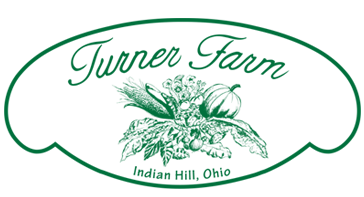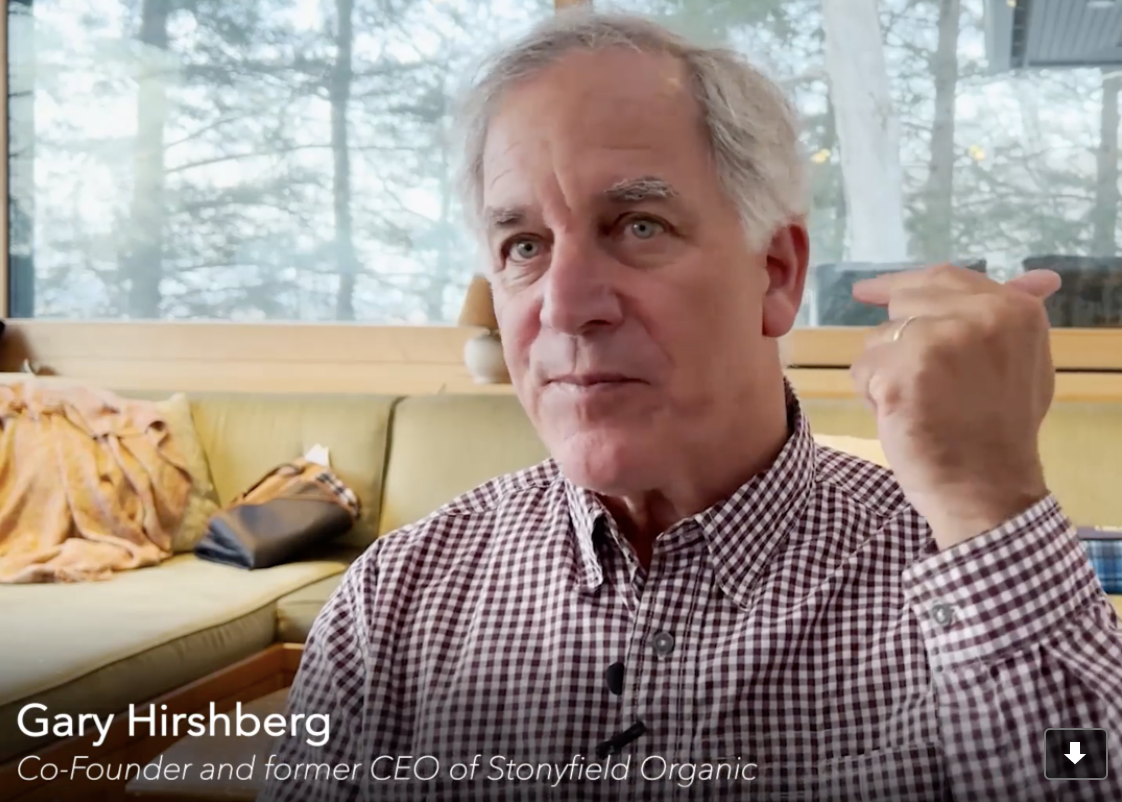Real Organic Symposium: Gary Hirschberg at Milk & Money
The Real Organic Virtual Symposium begins this Sunday, January 30th. For more information, please read the following newsletter from Linley Nixon, Ph.D and Dave Chapman, Co-Directors of Real Organic Project.
Dear Friend,
The first session of Milk & Money begins this Sunday at 3 pm EST. It has been a long haul. Integrating 40 interviews into a coherent symposium is challenging. The problems of the organic dairy system are complex. Some would prefer to avoid these conversations altogether. It is just too complicated. There are no quick fixes.
And always we are faced with the question: What do we do? We see the problems, but what do we do?
“They (Horizon) are saying “We want to be able to keep SELLING in your market area. We just don’t want to be SUPPLIED in your market area.” And we consumers need to say, “Hey, wait a second. Keep selling to us, but you’ve got to cycle your money. You’ve got to keep our farms alive.”
- Gary Hirschberg
One of the last people we interviewed for the symposium was Gary Hirshberg, co-founder of Stonyfield, the second-largest organic yogurt company in the country. Gary and I had met before, but we hadn’t talked in years.
Gary put it this way: “As you know, I haven’t been the most enthusiastic champion of the Real Organic Project, but I know we have the same end goals, so I’m delighted to be chatting with you and your folks.” Fine. We both have a healthy caution about each other’s strategies.
Talking with Gary, our differences became clear, but so did the many areas where we agreed. When Gary and Samuel Kaymen began making yogurt in 1983, they were only milking 4 cows. When they sold their herd in 1984 to focus full time on making and selling yogurt, they were milking 19 cows. At that time they were forced to switch to sourcing conventional milk because they simply couldn’t find any organic milk. The organic dairy farms weren’t there yet.
“Organic is an economic proposition. It’s changing the economic paradigm, as we’ve talked about. And there need to be economic consequences for not being a good corporate citizen.”
- Gary Hirshberg
Today, Stonyfield buys milk from 2000 certified organic farms. We've come a long way. That change certainly is a sign of the success of the organic movement. It is a success that Stonyfield has contributed to. We can celebrate the wins of the USDA program and of the industry influence that helped to build such a market system supporting so many organic farms.
At the same time, thousands of organic family dairy farms are now endangered. CAFOs are pushing them out of the market that the family farms created. The market that was meant to challenge CAFOs and confinement. And for this failure, the USDA program and the organic industry must accept responsibility.
The problems we face are systemic, not personal. It is not just that we got a “bad” Secretary of Agriculture. It isn’t just that we have a few “bad” CEOs or lobbyists. If there is an apparently enlightened business leader like Emmanuel Faber, things will improve in that company. But unless those improvements become systemic, they are quickly swept away when the next, less enlightened, CEO comes along.
We need to change the system. Farmers do not exist in a vacuum. We are all part of a web, connected with the stores, processors, truckers, farm suppliers, roads, restaurants, government support programs, laws, and eaters. When we choose to eat differently, we change the system. When we change the system, we change what kind of food is available, who is producing it, and to whom it is available.
We are offering Gary Hirshberg a chance to share his plan to help the organic dairy farms in a special symposium session on Wednesday, Feb 2 at 6 pm EST. This session will feature portions of our recent interview with Gary. He proposes a marketing effort to draw more people in the Northeast to buy regional organic milk. He seeks to grow the organic market by helping to identify the milk that people actually want to buy. In that way, it is a similar strategy to the Real Organic seal.
It is not perfect and it might not work. It is not clear who will verify that the milk sold in this program is actually regional and pasture-based. It might only enable several large organic processors to become even larger. Nonetheless, it is the only plan I have seen that MIGHT actually help these farms that are in such peril. That is why we are sharing our microphone with Gary.
This plan is called the Northeast Organic Family Farm Partnership. We hope that it works to save some of the farms. If it does, it is the first step. But we can’t stop there. We really do need 1,000 small organic dairy processors instead of 4 or 5 large ones.
When you only have 4 or 5 companies controlling so much of the market, that is considered a monopoly. That means a loss of competition that encourages undue influence and endangers smaller producers. It endangers democracy. We need to build an economic system that encourages diversity just as we do in our soil practices. The current system is failing us. This change won’t happen soon enough to save all 140 farms that lost their contracts. We should have started 10 years ago. But now is better than never.
It is the only way we can thrive.
Please come to Session 1 this Sunday. And then join us for the special session (free to all) on Wednesday night, Feb 2. This will be followed by Session 2 called Protecting Organic on Sunday, Feb 6.
Dave & Linley
To hear more from our friends at Real Organic Project, sign up for their weekly newsletter here.




